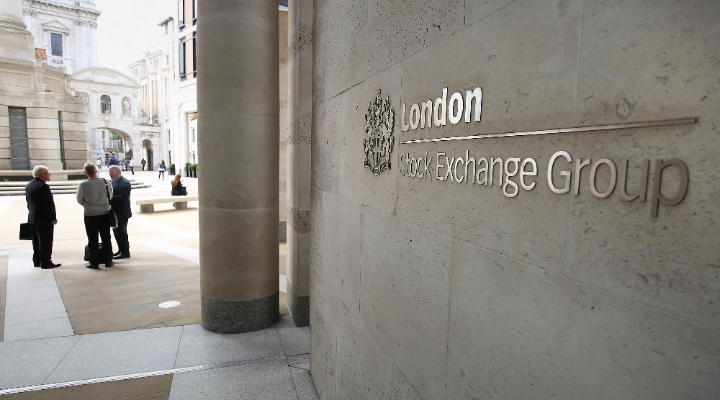The Nasdaq composite index faired worse, falling 26% over the same period while the Dow Jones Industrial Average slipped 8% to
close at 9243.26 on the last trading day of June.
Yet for the most part, though a soaring recovery is not in sight, the American economy has not nose-dived. Real gross domestic product (GDP) rose at an annual rate of 6.1% in the first quarter of 2002, compared with an increase of 1.7% in the fourth quarter of 2001. Initial estimates for second quarter GDP are out at the end of July.
Investor sentiment
Numerous revelations of corporate scandals are afflicting some of America’s biggest firms. Investors, both foreign and domestic, are shying away from American shares for fear of further scandals lurking. Some of the biggest current corporate dramas are as follows.
When news of Enron’s collapse flashed around the globe in the autumn of 2001 investors were stunned but confident it was likely to be a one-off incident. Since then a parade of companies has fallen on bad times, many as a result of fraudulent practices.
In June a Houston jury found Arthur Andersen, previously one of the top American accounting firms, guilty of obstructing justice in connection with the Enron scandal.
Meanwhile Dennis Kozlowski, the former chief executive of Tyco International, an American conglomerate, is being investigated for tax evasion. The charges may expand if as thought the Securities and Exchange Commission (SEC), America’s financial regulator, decides to take a closer look at Mr Kozlowski’s activities and any involvement by other Tyco employees.
On June 12th the SEC charged Sam Waksal, the former chief executive of ImClone, with insider trading. In December the US Food and Drug Administration rejected an application by ImClome to market Erbitux, a cancer drug. Mr Waksal is accused of alerting family members to the decision who then sold shares of ImClone before the news was made public.
Martha Stewart, an American businesswoman famous as a lifestyle guru and a close friend of Mr Waksal, was also affected. Mrs Stewart’s broker sold her shares in ImClone just before the announcement that caused ImClone’s share price to plummet. Shares in her company, Martha Stewart Living Omnimedia, fell drastically as allegations of insider dealing emerged.
Xerox stunned the market on June 28th when it announced the restatement of its financial results for the years 1997 to 2001. This was part of a settlement of an SEC investigation which included the firm paying a $10m ($6.6m) penalty. The restatement resulted in a decline in pre-tax income of $1.4 billion from previously reported amounts.
Most recently the SEC announced its investigation into WorldCom, one of the biggest American telecoms operators. In late June WorldCom revealed that nearly $4 billion of expenses were booked incorrectly in an apparent attempt to boost profits. (More details on that announcement can be found at: Stockmarkets rocked by WorldCom blow).
Outlook
This nearly continuous stream of corporate revelations including those detailed above and more forced George W Bush to pledge strong reform for corporate America and much harsher penalties for top executives who violate these rules. President Bush is expected to announce his administration’s plans to tackle such problems in a speech on July 9th.
Market uncertainty is likely to prevail until investors see what actions the government and American firms take to shore up investor confidence and prevent further corporate scandal.





























